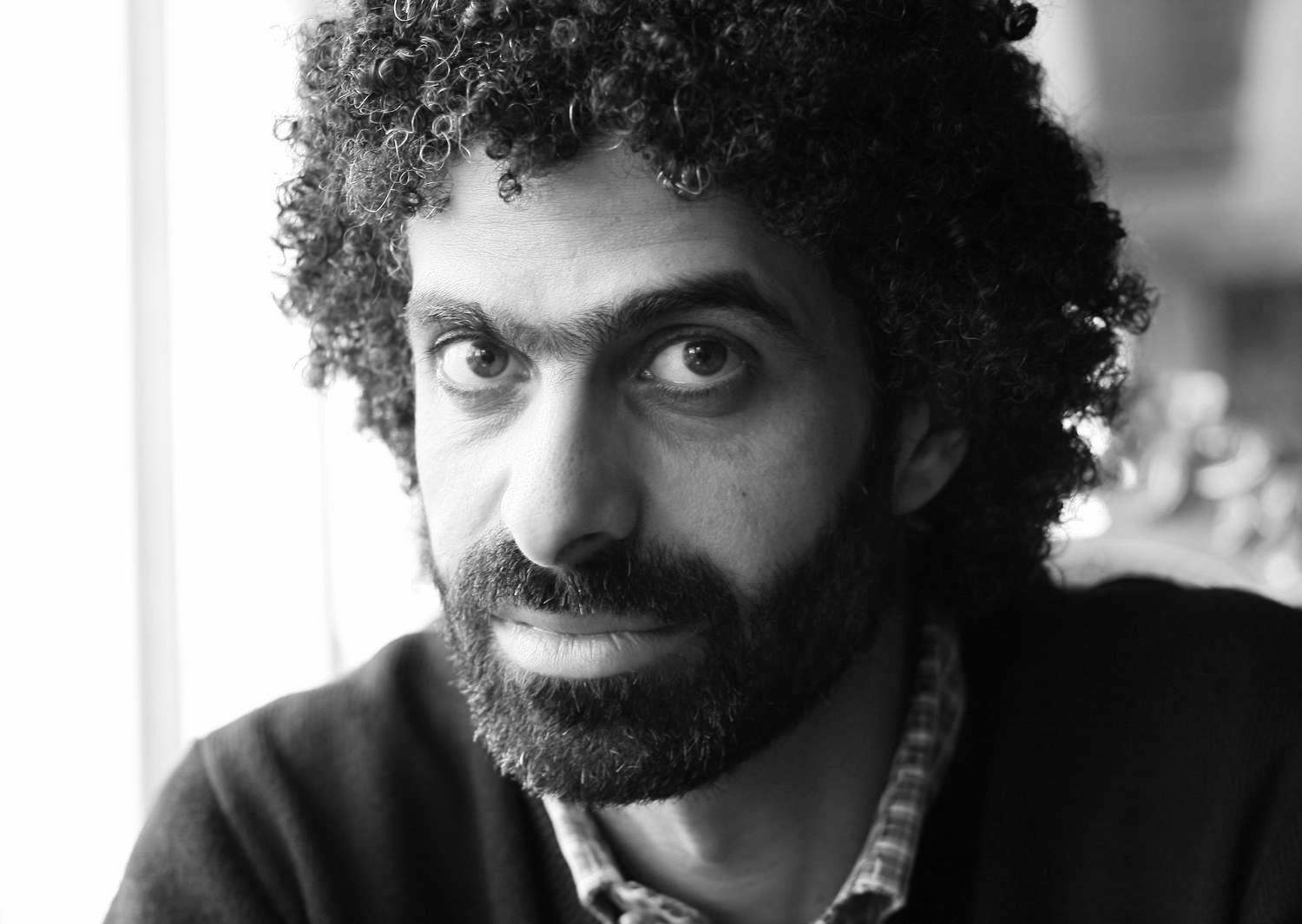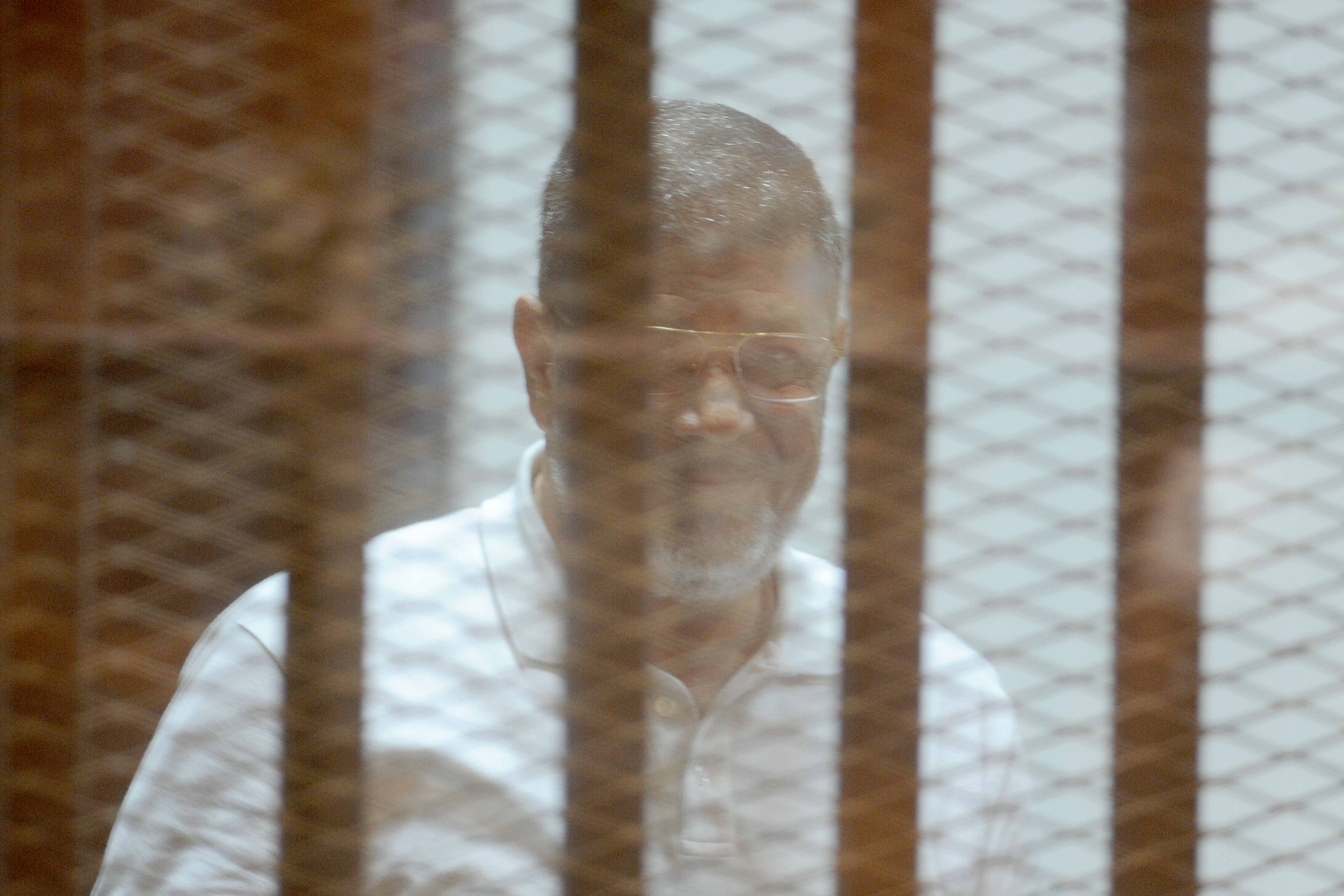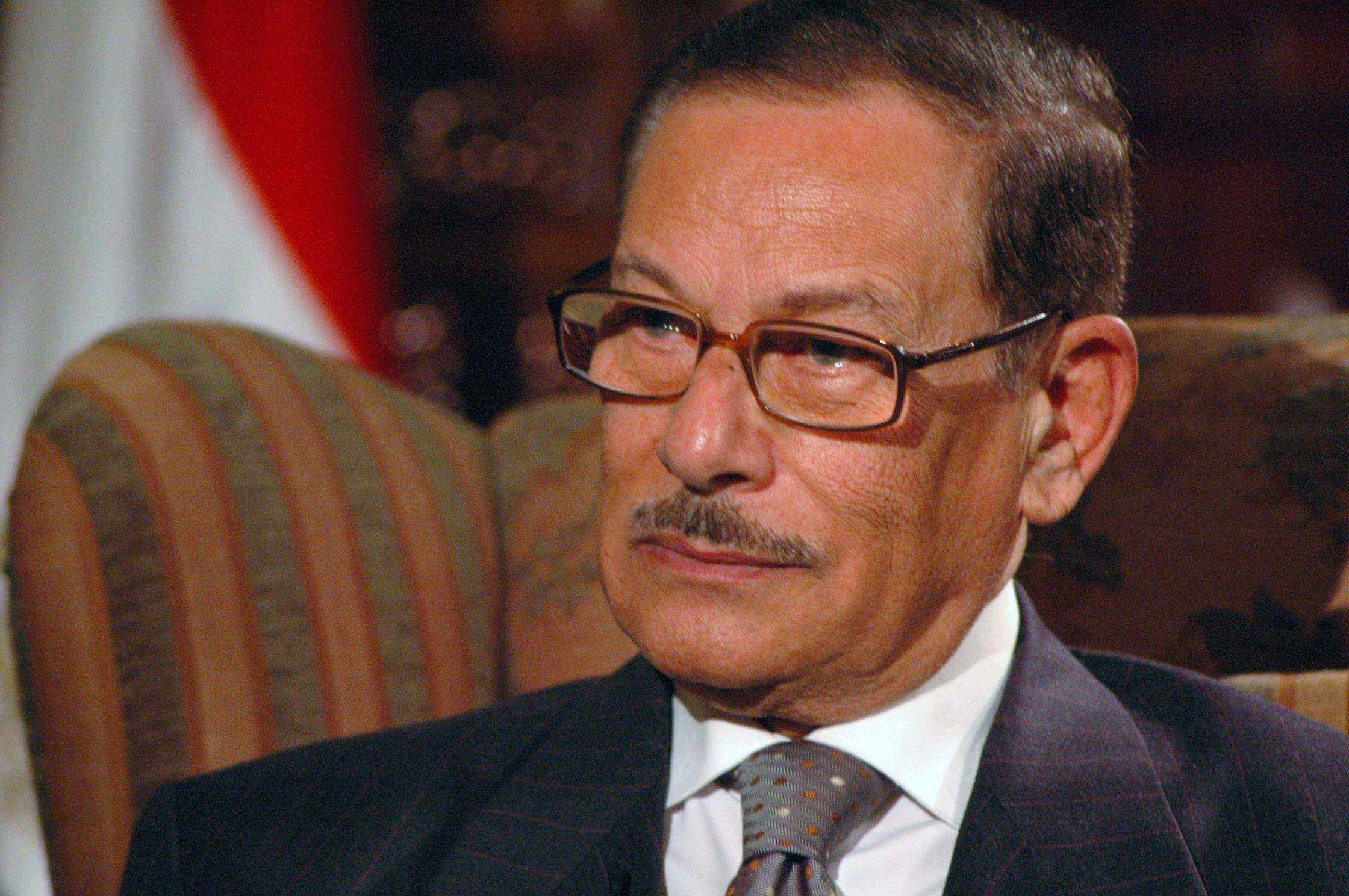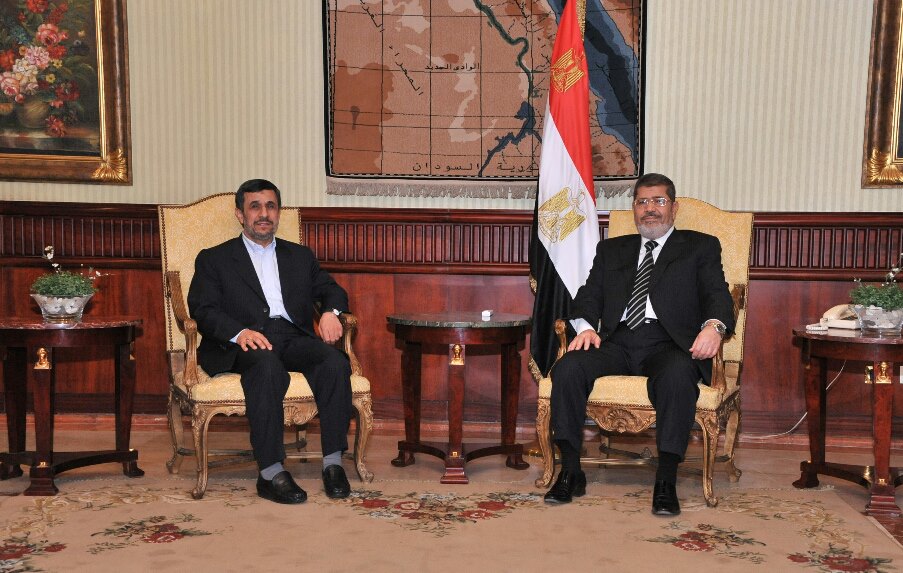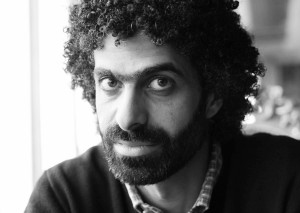 There are currently four entities fighting to see the media controlled. The Muslim brotherhood, currently in power through its political interface the Freedom and Justice Party (FJP); remnants of Mubarak’s regime, popularly known as feloul, funded and supported by the business elite; the military, that is so far inseparable from the remnants of the old regime; and finally the fourth entity, which is the large passive segment of Egyptian society, which we’ll call the Couch Party.
There are currently four entities fighting to see the media controlled. The Muslim brotherhood, currently in power through its political interface the Freedom and Justice Party (FJP); remnants of Mubarak’s regime, popularly known as feloul, funded and supported by the business elite; the military, that is so far inseparable from the remnants of the old regime; and finally the fourth entity, which is the large passive segment of Egyptian society, which we’ll call the Couch Party.
Then, comes why.
For very logical reasons no ruling power likes the media, even in the most developed democracies. Why should the Brotherhood be an exception in this regard? They are simply spreading their power and influence within the structure of both the state and society, and they don’t need a media fuss over that.
Remnants of Mubarak’s regime and his business elite are, by default, the major anti-revolutionary power. Freedom, which was one of the basic demands of the revolution, and transparency, are the last things they desire to have fulfilled. Given their long history of corruption, the attainment of these goals will see the feloul dragged before the courts, or at least stripped of the official positions they still enjoy. The independent media is definitely their number one enemy.
Obviously, the military will never be happy having a strong independent and free media. Given the seventeen month period of their direct rule after Mubarak’s ousting and the number of offences and human rights violations committed by them, they definitely wouldn’t want a vocal media calling them to account. Let’s not forget as well the economic power they have possessed for six decades now. Proper and transparent investigative media would definitely be undesirable.
As for the Couch Party, which unlike the previous mentioned groups is not a direct beneficiary of a controlled media, they see the media as a daily source of unnecessary pain they would like to get rid of. The media reminds them of their unethical apathy. Comprehending their psychologically complicated behaviour would explain why your aunt, who exclusively watches TV for Turkish soap operas and never reads a newspaper, is constantly cursing the media.
Let us for a moment have a look at post-Franco Spain and the democratic change that took place after he died in 1975. It was a chaotic political situation of powers fighting for a free and modern state that they were not very clear what it should look like. On top of that, Franco’s “feloul” and a nostalgic segment of society (the Spanish Couch Party) were irrationally fighting the change with all their strength.
Alongside the political activists and massive labour movements, the media was a crucial factor for helping a country on the edge of civil war land safely on the foundations of democracy. Maybe not the best example, but it is still a democracy.
By 1978, after a period of having only a few state-run publications during Franco’s rule, Spain had about 2000 new daily newspapers. Of course many of them later closed, as they were too many for readers, but they all played a pivotal rule in monitoring and facilitating the very difficult democratic change across the country. Some researchers would argue that, but for the independence and freedom the media assigned itself, democracy would have not been attained, given the poverty and fragility of Spain back then.
Given the relative similarities in the transitions Spain had and Egypt is going through, it is equally crucial for Egypt and the fight for democracy to have the media win this battle against those who want it out of the transformation equation.
The constitution is currently cooking on a four burner stove top, with the heat coming from the Brotherhood, the feloul, the military and the Couch Party. It would be naive to think any of this will be any good for the media concerning its freedom and independence.
If media professionals, political activists and the revolutionary youth don’t not realise that this is a war for survival of the sector and the demands of the revolution, they should consider quitting now and use their connections to find jobs at state-run Egyptian TV.
